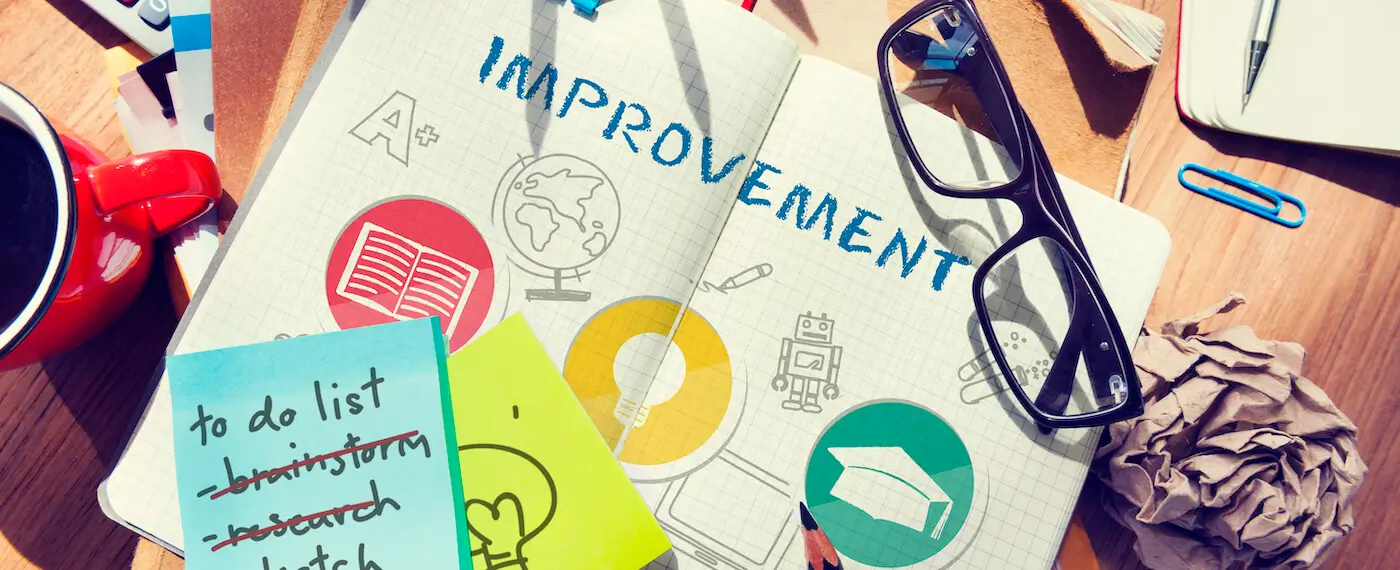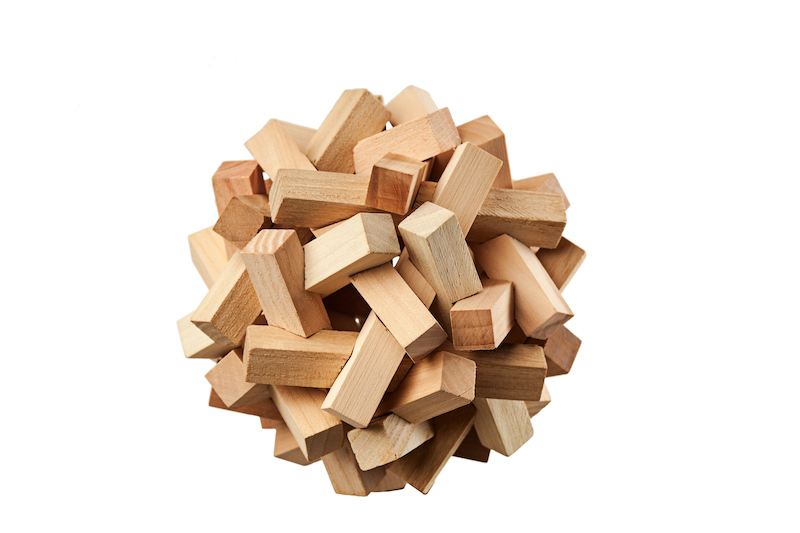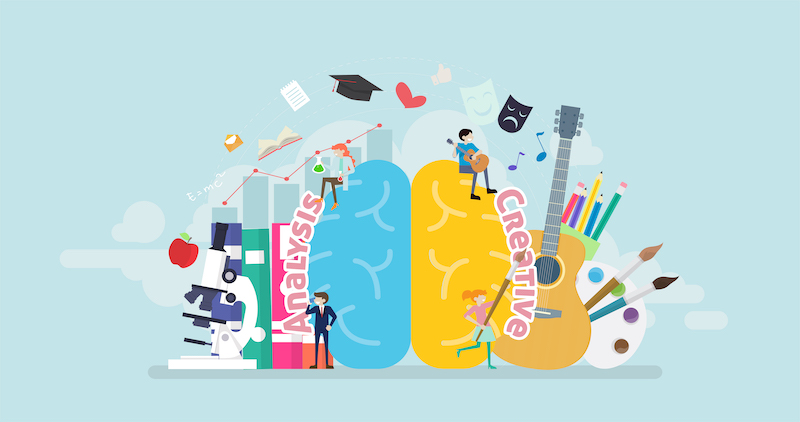
How to Think Logically: Refine Your Cognitive Processes
Table of Contents
It is impossible to solve your problems, make wise decisions, and generate fresh ideas without strong logical thinking. Deducing a fair and justified conclusion is possible only by launching your logic.
Viable solutions to the most complex issues also can be gained through reasoning performed and evaluated according to strict validity principles. Moreover, one of the proven ways to attain career goals is to explore how to improve logical reasoning. Relying solely on your emotions and feelings and turning off your logic can be harmful, especially when dealing with a range of tasks at the workplace.
Thus, all arguments and derived conclusions will be impractical, weak, and illogical. It can cause a lot of discomfort at work, during studying, or implementing tasks that require strong cognitive skills. Being entrapped in poor reasoning, you must find ways how to overcome ambiguity and inexactness.
Is Logical Thinking Inborn Talent, or Can You Grow it?
Some skills are given from birth, and some can be gained with time. As for examples of inborn skills, our imagination is one of them; however, still, imagining and visualizing abilities can be strengthened. Another congenital condition that is opposite to strong visualization is aphantasia. The main sign is a blind mind’s eye and inability to activate our visualization. However, logic is not a skill you were born with. It is learned throughout life. It is shaped based on your daily experiences and observation. Such skills are often called experiential.
People who are driven by their emotions tend not to understand and perceive the surrounding world logically. They prefer to think in a way that suits them best and more freely, meaning that they don’t like limits. However, sometimes, such mental flexibility prevents them from consistent reasoning. But the ability to think with launched logic is unfailingly useful in solving a wide spectrum of problems. Thus, by training logic regularly and fueling its power, it is possible to increase mental performance and reach impressive career or academic heights. Devoting time to the development of intellectual abilities is effective self-improvement activity that really pays off.
Those individuals who are good at faring reasoning skills won’t be so easily stumped. Their brains are always in full readiness to deal with tough tasks, seek the most appropriate way out, and process lots of information to get the most feasible solution. Tackling unconventional questions is a straightforward objective for minds who train to think logically.

Why do you Need to Improve your Logical Thinking Skill?
Professionals in any sphere will definitely benefit from powerful logical thinking. Growing your reasoning means you are capable of thinking about events or information in a logical and sensible manner, correlating data, and accurately analyzing a situation. People often gravitate toward making illogical mistakes. They are convinced that it is enough to be guided by common sense and gained experience and that validity principles and laws of thought don’t matter. Such an approach to thinking and analyzing processes is enough when making elementary judgments and solving simple matters. But solving large-scale problems, certain rational knowledge and established criteria may be required. Thus, thinking logically will not allow you to commit erroneous actions and judgments that might lack sense or sound reasoning.
One of the most pivotal reasons why growing logical thinking is that candidates are given logical tasks during the interview in many large companies. Both the speed of the decision and the ability to argue are assessed. For example, Elon Musk, to test candidates and see how quickly they solve problems, asked them to cope with a logic-stimulating brainteaser. And only individuals with high logical thinking could expertly cope with the question and come to the right conclusions. Those who succeeded moved on to the next stage of the screening procedure and became more than excellent candidates with extremely high intelligence levels. So if you strive to get the desired position and climb the career ladder, don’t overlook tips on how to improve logical reasoning.

How to Develop Logic?
Individuals who train their brain capacity to think logically are able to produce quick and correct conclusions in unexpected or extraordinary situations, fix mistakes, and even adequately balance energy to reach the best possible outcomes. Also, it is paramount to understand that in the fast-changing and evolving world, everything is in progress. The knowledge gained at school and university is gradually becoming outdated. And there is a need for refreshing information. The development of the ability to build logical conclusions for an adult can be a very pleasant process. There is a great range of interactive activities that can be incorporated into your daily schedule. Moreover, you can re-organize your brain training routine and add the memoryOS gamified app. So let’s take a brief look at how it is possible to improve logical thinking efficiently.
Deepen logical thinking.
You must determine what makes an individual a logical thinker. What are the strategies and common set of actions during the process of logical thinking? How can you benefit from using them?
Get fully immersed in the problem.
Study an issue objectively and avoid a personally biased and subjective viewpoint, as it will lead to failed conclusions.
Expand vocabulary/learn a new language.
When you hear an unknown word, always look it up in a dictionary. Find out how it occurred, what the origin is, or how it can be used in the modern world. You can also take a glance at idioms and their meanings or start learning a completely new language for you. It will help you see the world differently and beyond the ordinary.
Read quickly.
Try to read as much as possible and increase the speed of reading but don’t sacrifice thoroughness.
Keep your mind open with creative hobbies.
Your brain must be constantly exposed to stimulative experiences. The task is to challenge yourself with creative activities, such as drawing, playing new musical instruments, crafting, etc., as it supports your accurate reasoning. For example, learning to play the guitar requires concentration and great memory capacity. These cognitive functions are extremely important for resolving problems logically and capably.
Build up your competence in various fields.
Perhaps, some believe developing logical thinking is not a top priority, as it is possible to do without the use of logical connections excellently. Such judgments are fundamentally wrong, as our logic and activities in which we are daily involved are inextricably linked. By learning different skills and gaining multiple competencies, you can expand your worldview and your horizons.
Ask questions!
To attack a problem creatively with a high sense of engagement, train to ask questions that are related to the matters you’ve never paid attention to or those kinds of questions you’re not used to asking. Dealing with a matter by asking an array of questions allows you to stretch the mindset and assess the potential outcomes based on the obtained answers.
Logic games are essential.
There are lots of logic games for solving multi-step challenges and mastering critical thinking. These include chess and checkers. During playing these board games, you must be able to predict the next step of the opponent. The process of thinking reasonably has a similar algorithm of cognitive actions.
Set limits for yourself.
You must establish clear boundaries, especially when you have a specific goal to solve an issue logically. It assists in forming sound judgments and provides us with a foundation for strong reasoning.
Have an active social life.
Communication with others and sharing your worldview will definitely stave off a sense of loneliness. However, for those who seek to sharpen their logical type of thinking and gain social motivation, communication with different people with diversified attitudes and values is a quite efficient logic-boosting tool.
FAQ
What does logical thinking mean?
Logic can be described as the set of forms, methods, and laws of intellectual thinking and reasonable conclusions. This type of thinking is based not on the sensory experience but on the process of analyzing previously obtained data.
How do you demonstrate logical thinking?
Reasoning skills can be useful in any type of work, no matter you are engaged in the IT industry, have a creative job, or work as a manager in a big company. Incorporating logic in everything you do allows you to gather diversified information and efficiently solve a problem.
What’s the opposite of thinking logically?
Irrational thinking means the inefficient use of reason that leads to poor conclusions and is considered the opposite of logical thinking.